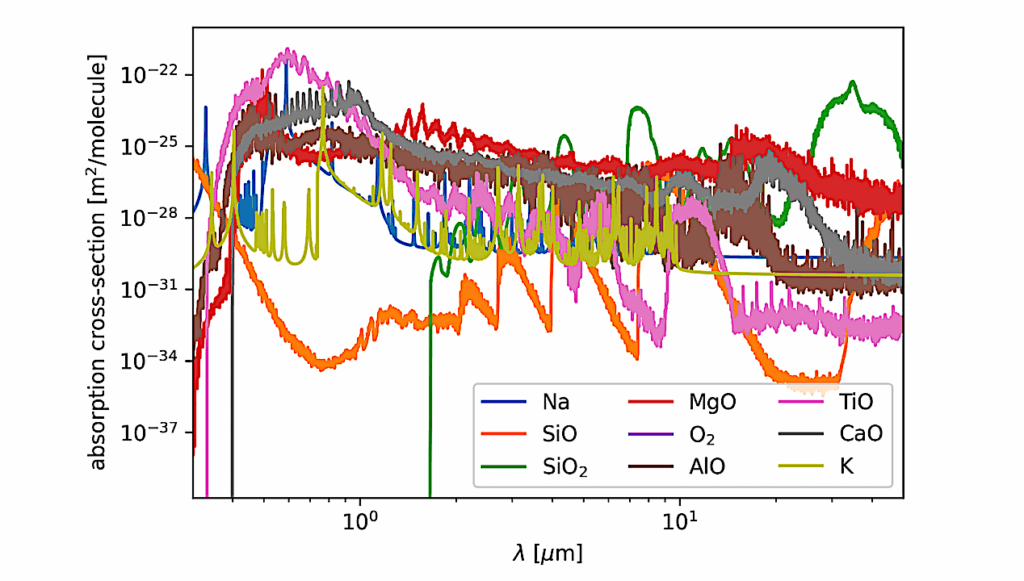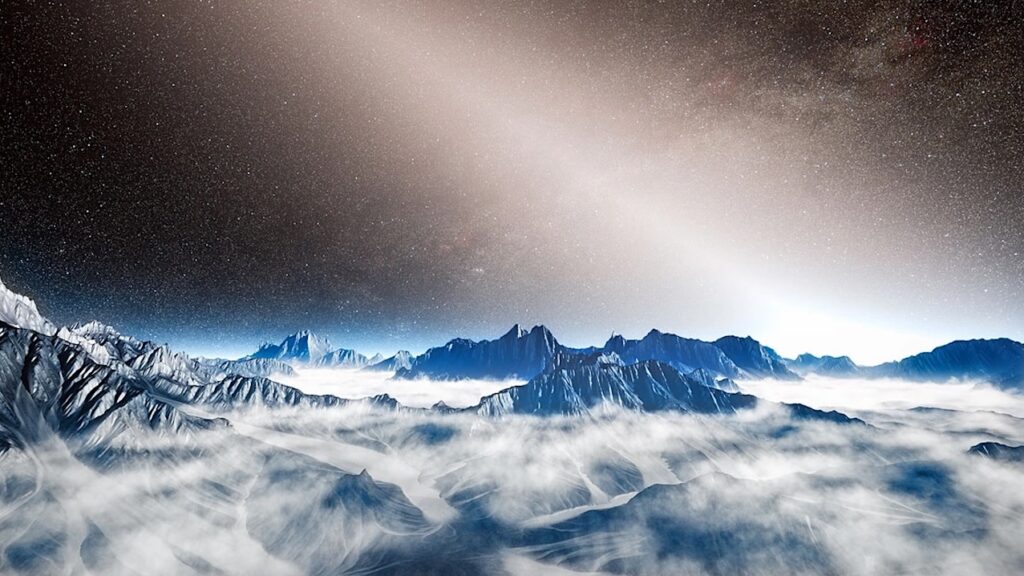Bayesian Deep Learning for Exoplanet Atmospheric Retrieval

Over the past decade, the study of exoplanets has shifted from their detection to the characterization of their atmospheres.
Atmospheric retrieval, the inverse modeling technique used to determine an atmosphere’s temperature and composition from an observed spectrum, is both time-consuming and compute-intensive, requiring complex algorithms that compare thousands to millions of atmospheric models to the observational data to find the most probable values and associated uncertainties for each model parameter. For rocky, terrestrial planets, the retrieved atmospheric composition can give insight into the surface fluxes of gaseous species necessary to maintain the stability of that atmosphere, which may in turn provide insight into the geological and/or biological processes active on the planet. These atmospheres contain many molecules, some of which are biosignatures, or molecules indicative of biological activity.
Runtimes of traditional retrieval models scale with the number of model parameters, so as more molecular species are considered, runtimes can become prohibitively long. Recent advances in machine learning (ML) and computer vision offer new ways to reduce the time to perform a retrieval by orders of magnitude, given a sufficient data set to train with. Here we present an ML-based retrieval framework called Intelligent exoplaNet Atmospheric RetrievAl (INARA) that consists of a Bayesian deep learning model for retrieval and a data set of 3,000,000 spectra of synthetic rocky exoplanets generated using the NASA Planetary Spectrum Generator (PSG). Our work represents the first ML model for rocky, terrestrial exoplanets and the first synthetic data set of spectra generated at this scale.
Frank Soboczenski, Michael D. Himes, Molly D. O’Beirne, Simone Zorzan, Atilim Gunes Baydin, Adam D. Cobb, Daniel Angerhausen, Giada N. Arney, Shawn D. Domagal-Goldman
(Submitted on 8 Nov 2018)
Comments: 6 pages, 2 figures, 1 table, NIPS bayesian deep learning workshop extended abstract submission
Subjects: Earth and Planetary Astrophysics (astro-ph.EP); Machine Learning (cs.LG)
Cite as: arXiv:1811.03390 [astro-ph.EP] (or arXiv:1811.03390v1 [astro-ph.EP] for this version)
Submission history
From: Frank Soboczenski
[v1] Thu, 8 Nov 2018 13:03:08 UTC (3,947 KB)
https://arxiv.org/abs/1811.03390
Astrobiology








